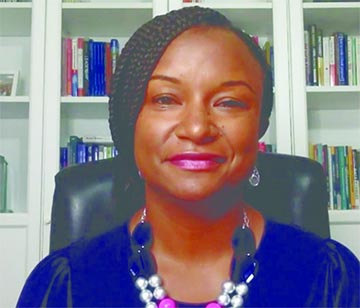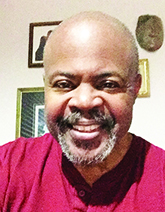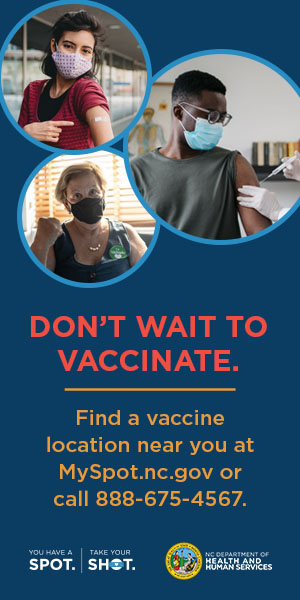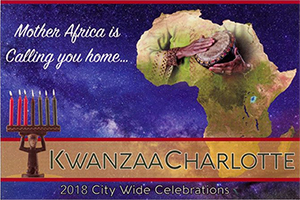
New NC Voters Project seeks to add 100,000 for the 2022 Elections

By Cash Michaels

In the world of GOTV (Get Out the Vote), no name in modern times shines brighter than Stacey Abrams of Georgia.
Abrams, a former Georgia state representative and Democratic candidate for governor in 2018, founded a voters’ rights nonprofit group called the New Georgia Project, which in turn pushed several voter registration efforts to increase Georgia’s voter rolls, particularly in Black and other diverse communities.
Just prior to the 2020 presidential elections, Abrams founded yet another nonprofit known as Fair Fight, which not only registered new voters, but educated them on the pressing issues.
The results - 800,000 new Georgia voters were brought to the process; Democrat Joe Biden won the traditionally conservative red state over incumbent Republican Donald Trump; and even more importantly, two Democrats, Rev. Raphael Warnock, and Jon Osoff, unseated two Republican incumbents give Pres. Biden the 50 Democrats he needs to get any of his agenda done.
Dr. Aimy Steele agrees that there is much to be learned from Stacey Abram’s kingmaker success in Georgia, and she hoping that some of that “Black Girl Magic” will rub-off right here in North Carolina in time for the 2022 elections.
Last week, Dr. Steele and her team kicked off “The New North Carolina Project (NNCP),” an ambitious effort, modeled after the Abrams’ effort in Georgia, to register more than 100,000 eligible voters of color for the 2022 midterm elections, increase early voter turnout by 50 percent, and register 90 percent of North Carolina eligible voters by 2030.
And the key to the NNCP’s projected success, Executive Director Steele says - field organizing - something that wasn’t done very well by Democrats in 2020.
“I think the best way to do that is to invest in communities of color, ensure that these communities thrive by organizing long-term infrastructure,” Steele told MSNBC October 15th.
“We plan to really engage people from communities of color in the work [of organizing] their communities, hire and trim them, and really educate them on really exercising their power, and their right to vote,” Dr. Steele continued.
“No longer is it OK to just assume that these groups of color are monolithic and are going to vote a certain way. We really have to get out there and organize.”
So, who is Amiy Steele, and why does she want to take this massive undertaking on?
The Texas native is a former Spanish teacher, K-12 school principal, mother of five and pastor’s wife of 21 years who, as a child moved to North Carolina in 1993 from Japan (her father was in the Army). She graduated high school and attended UNC-Chapel Hill for three years before transferring to UNC-Charlotte.
In 2018, Steele came within less than 2,000 votes from unseating a republican incumbent for NC House District 82. In 2020, Steele lost another close race for the state House representing Concord.
Steele’s key mission, she says is creating #voters for life. According to the NNCP website, despite North Carolina’s record-breaking voter turnout for the November 2020 elections, “…large fractions of eligible voters of all races and ethnicities did not vote, including more than half of eligible Latinx and indigenous voters, more than forty percent of Asian-American/Pacific Islander (AAPI) voters, and a third of black voters. In fact, nearly one million eligible voters of color did not vote (in North Carolina) in 2020.”
Per the 2020 North Carolina elections, analysts report that Democrats let their guard down by not going door-to-door to canvass neighborhoods, especially in rural areas, because of the COVID-19 pandemic.
But Republicans did, in addition to promoting early voting and mail-in balloting. The 2020 result was a GOP bloodbath of Democratic candidates, except for incumbents Gov. Roy Cooper and state Atty. Gen. Josh Stein.
Steele doesn’t want to see communities of color count themselves out of important elections again. Thus, the New North Carolina Project.
“We’re here to build a year-round community organizing infrastructure,” she assured the News and Observer.


